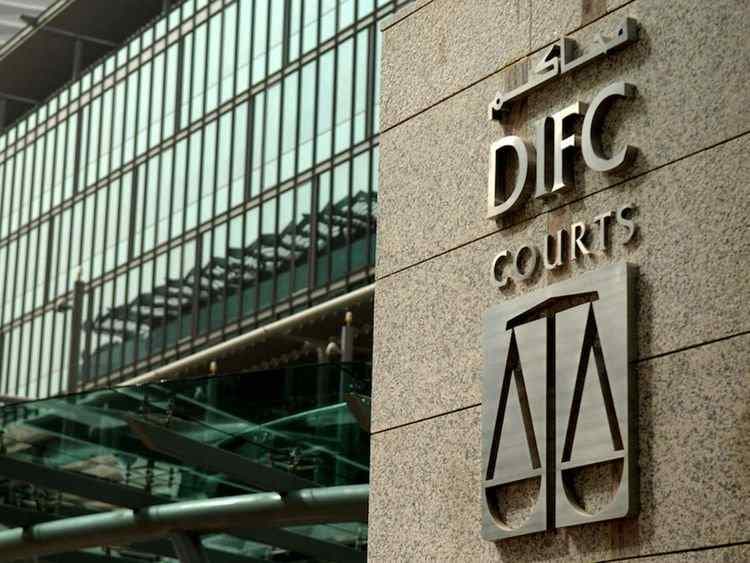
Introduction To The DIFC Courts
Recently, the DIFC Courts revealed its yearly statistics, resolving around 860 cases totaling AED 4.4 billion in 2022.
Considering this achievement, The Law Reporters take a deep dive into the functioning of DIFC courts.
The Dubai International Financial Centre (DIFC) is a financial-free zone under UAE law. The DIFC has its legal framework for administrating and regulating civil and commercial matters within its jurisdiction, including its own English-language common law court. The DIFC courts are special courts that assist foreign organisations operating in UAE. According to the official website, the features are as follows.
What makes DIFC Courts different?
The DIFC Courts perform their functions, following the provisions of the Judicial Authority Law (JAL) and other DIFC laws and regulations. The courts include the Court of First Instance and the Court of Appeals.
- 1. The DIFC court must have its seat in the DIFC.
- 2. The Court of First Instance will consist of a single judge. The Court of Appeal must consist of a presiding judge and two additional judges. When necessary, the Court of Appeal will preside over by the Chief Justice or the most senior of the judges.
- 3. The Ruler's decree appoints the judges, including the Chief Justice.
- 4. DIFC Court will issue judgments in the Ruler's name.
It is not governed by the UAE's federal civil and commercial laws, and a variety of English-language civil, commercial, and regulatory laws govern the DIFC's bodies and institutions.
The regulations governing the DIFC courts ensure the highest levels of international standards. The DIFC Courts have the power to issue any orders about the conduct of any proceedings before them.
Court of First Instance
The Judicial Authority Law establishes the Court of First Instance's jurisdiction. It states that the Court of First Instance has exclusive jurisdiction over civil or commercial claims and actions to which the DIFC or a DIFC entity, a DIFC branch, or a licensed DIFC branch is a party. Along with civil or commercial claims, actions related to any contract or promised contract, whether made, entered into, or performed in whole or in part within the DIFC or which will be or is to be performed within the DIFC.
The DIFC Court Law gives the Court of First Instance the following authority. The authority to issue or direct the issuance of writs in matters over which it has jurisdiction. The power to omit any procedural need when it believes that the applicant is unable to comply for any reason. They are followed by the authority to issue final and temporary orders for restoration, disgorgement, compensation, and damages.
The Court Law gives the Court of First Instance the authority to confirm any judgment made by a recognized foreign court, local or international arbitration tribunal, or a court in Dubai or the UAE.
Court of Appeal
Any appeals brought against rulings and conclusions rendered by the Court of First Instance go to the DIFC Court of Appeal. In an application made to him by any DIFC Body, DIFC Establishment, or Licensed DIFC Establishment, the Chief Justice should interpret any article of the DIFC Statutes and DIFC Regulations.
The judgments issued by the Court of Appeal are final.
Besides to the general powers listed above, the DIFC Court Law grants the Court of Appeal the ability to attach terms or conditions to an order it makes. It also allows to annul a decision, prohibit specific action, make a declaration of facts; or make any other order deemed appropriate or by the Court of Appeal.
A DIFC Court judgment is thus treated and enforced like a Dubai Court judgment, and vice versa.
With inputs from https://www.difccourts.ae/
For any enquiries or information, contact ask@tlr.ae or call us on +971526443004